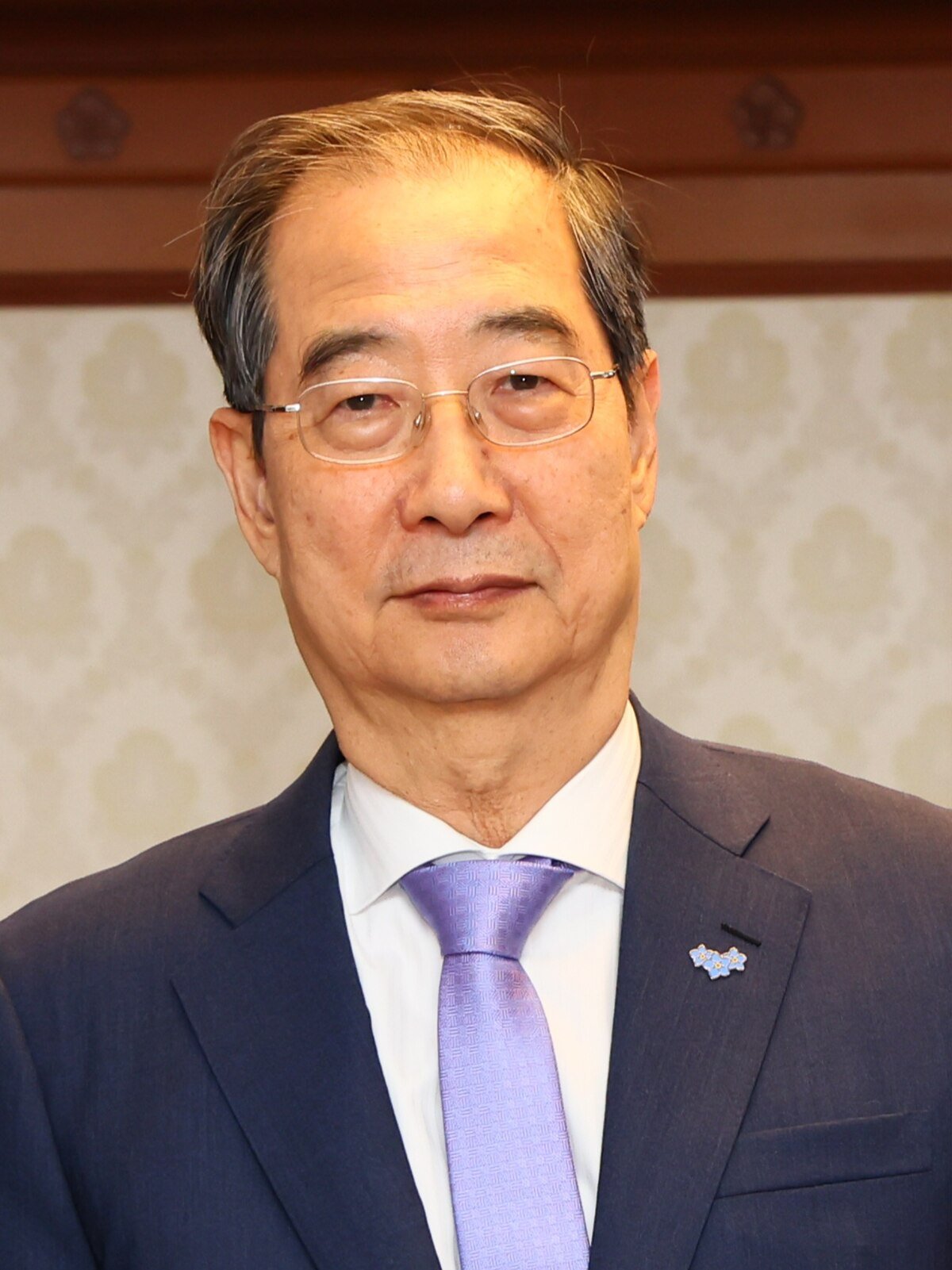
Mobile carriers LG Uplus and KT are facing increasing concerns about their electric vehicle (EV) charging businesses following a widely publicized fire involving a Mercedes-Benz electric sedan, which has fueled negative customer sentiment toward EVs.
Concerns over EV safety are growing quickly among drivers in Korea following the fire at an apartment complex’s parking garage in Incheon on Aug. 1, which burned over 100 vehicles and damaged the building. A growing number of apartment complexes are banning EVs from parking underground, while a number of government complexes also moved their EV charging stations aboveground.
Rising nationwide fears about EVs are also casting a shadow over telecom companies, which have been exploring EV charging as a new revenue source.
During its earnings call for the second quarter on Aug. 7, LG Uplus unveiled its goal of becoming one of the country’s top three EV charging companies by 2027 through LG Uplus VoltUp, a joint venture with Kakao Mobility.
“LG Uplus and Kakao Mobility will each chip in 25 billion won ($18.4 million) (into VoltUp) to secure investment resources,” LG Uplus Chief Financial Officer Yeo Myung-hee said. “This will enable agile and effective operation of the company under an independent decision-making structure.”

Established in June, VoltUp now has 10,700 standard chargers across the country, lagging behind early players such as GS Chargev with 61,000 and Everon with 38,000. The company plans to quickly expand its charging network and distinguish its services from rivals through integration with Kakao Mobility, the leading mobility platform in Korea.
KT is also pursuing a number of projects related to charging EVs. Since 2015, KT has been working with Hyundai Motor and other companies to expand charging infrastructure at key locations nationwide by utilizing the carrier’s unused urban properties.
KT’s payment and settlement subsidiary Smartro has collaborated with EV charging platform company Tardis Technology and released a standard charger in March enabling credit card payments. In June, KT also signed a business agreement with EV Parking Service to launch a comprehensive charging solution for electric buses.

Against this backdrop, the recent parking garage fire is casting a cloudy outlook on mobile carriers’ EV charging businesses, as overall consumer sentiment toward EVs has dampened.
Car industry officials anticipate that the current stagnation regarding EV demand will likely continue in the wake of the fire, as consumers are expressing growing fears over EV safety. Reduced subsidies and strengthened regulations on charging infrastructure are also expected to follow.
The Seoul Metropolitan Government plans to complete revisions to its building guidelines by October to require new facilities and buildings to install charging stations aboveground. This is leading to speculation that parking EVs and installing charging stations underground may soon be prohibited.
“If regulations require charging stations to be installed aboveground, companies will have to shoulder greater costs to secure spaces for stations, and this may bring a contraction in the overall charging service market,” a car industry official said. “A full prohibition may be difficult for now, but the situation could change rapidly if this becomes a matter of politics.”
Unlike LG Uplus and KT, top mobile carrier SK Telecom has withdrawn from the EV charging business. Its subsidiary, SK Broadband, handed over all of its EV charging businesses to GS Chargev in March.






